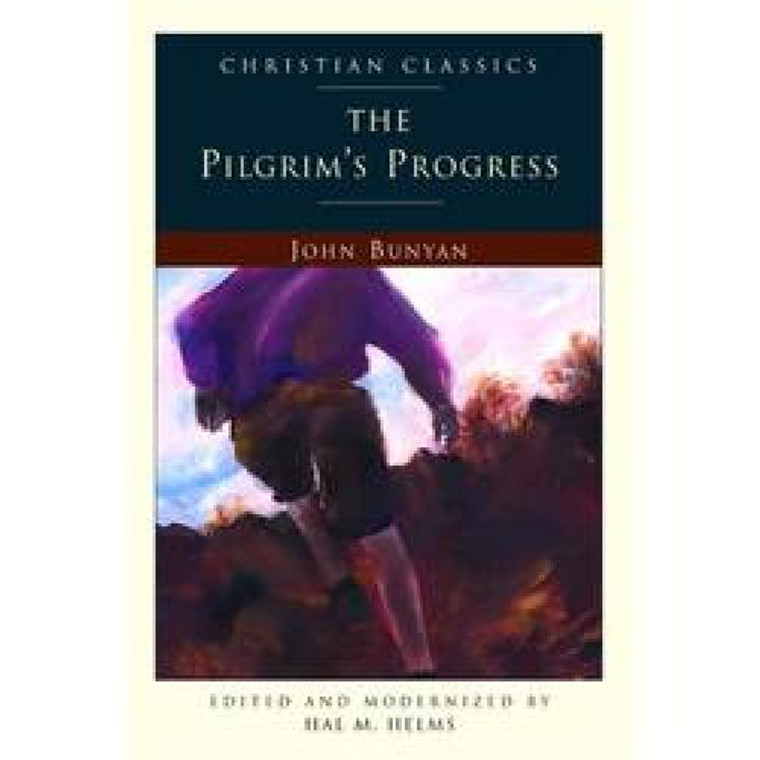
The Pilgrim's Progress (Part I 1678/Part II 1684) holds a unique place in the history of English literature. No other seventeenth-century work except the King James Bible, nothing from the pen of a writer of Bunyan's social class in any period, and no other Christian work, has enjoyed such an extensive readership. The pilgrim Christian, Mr Worldly Wiseman, Giant Despair, Hopeful, and Ignorance are engaged in a powerful drama set against a solidly realistic background of town and country. Bunyan captures the speech of ordinary people as accurately as he depicts their behaviour and appearance and as firmly as he realizes their inner emotional and spiritual life. The tale is related in language remarkable for its beauty and simplicity, and is spiced with Bunyan's acute and satirical perceptions of the vanity and hypocrisy of his own society.
Bunyan's allegory uses the everyday world of common experience as a metaphor for the spiritual journey of the soul toward God. The hero, Christian, encounters many obstacles in his quest: the Valley of the Shadow of Death, Vanity Fair, Doubting Castle, the Wicket Gate, as well as those who tempt him from his path (e.g., Talkative, Mr. Worldly Wiseman, the Giant Despair). But in the end he reaches Beulah Land, where he awaits the crossing of the river of death and his entry into the heavenly city. "Pilgrim's Progress" was enormously influential not only as a best-selling inspirational tract in the late 17th century, but as an ancestor of the 18th-century English novel, and many of its themes and ideas have entered permanently into Western culture.
Paperback, 268 pages





